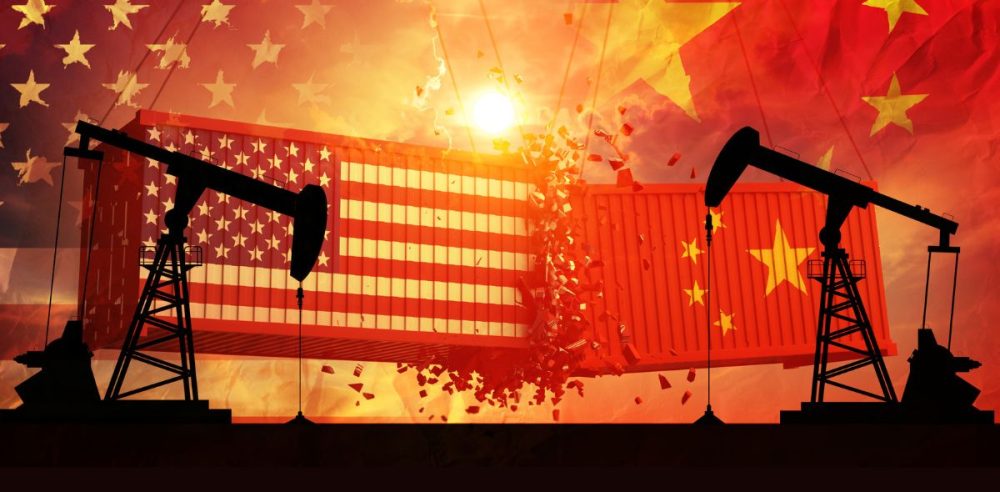China announced a new tariff on American imports and an antitrust investigation into Google amid the ongoing trade war between Beijing and Washington.
President Donald Trump has been busy signing executive orders and applying pressure on U.S. trading partners through tariff threats despite only being in office for over two weeks. The newly sworn-in President has seemingly achieved concessions from countries like Colombia, Mexico, and Canada using potential tariffs as leverage.
Despite the recent focus on U.S. trade wars with other nations, the economic battle between the U.S. and China stretches back to 2018, when Trump repeatedly raised tariffs on Chinese goods. The back and forth between the two countries continued after Trump’s first term, with the Biden administration expanding economic measures against Beijing.
Gary Ng, a senior economist at Natixis Corporate and Investment Banking in Hong Kong, says the latest announced tariffs out of China are designed to be aggressive enough to be effective while ensuring they don’t harm China itself.
“It’s aiming for finding measures that maximize the impact and also minimize the risk that the Chinese economy may face… At the same time … China is trying to increase its bargaining chips,” said Ng, per AP.
John Gong, a professor at the University of International Business and Economics in Beijing, says China is watching what has unfolded with countries like Canada and Mexico and will likely take steps to avoid escalating tensions too high.
China has indicated a 15% tariff would be applied to coal and liquified natural gas products. A 10% tariff would also be added to crude oil, agricultural machinery, and large-engine cars from the U.S.
“The U.S.’s unilateral tariff increase seriously violates the rules of the World Trade Organization,” said China’s State Council Tariff Commission.
“It is not only unhelpful in solving its own problems, but also damages normal economic and trade cooperation between China and the U.S.”
China has also expanded export controls on key elements like tungsten, tellurium, bismuth, molybdenum, and indium. The U.S. Geological Survey considers these critical minerals, meaning they are essential to the U.S. economy or national security.
The latest economic action against the U.S. also includes an announced investigation from China’s State Administration for Market Regulation into suspicion that Google is violating antitrust laws.
The exact fallout from the investigation remains unclear, but the announced targeting of Google came just minutes after Trump’s 10% tariffs on imports from China were set to begin.


